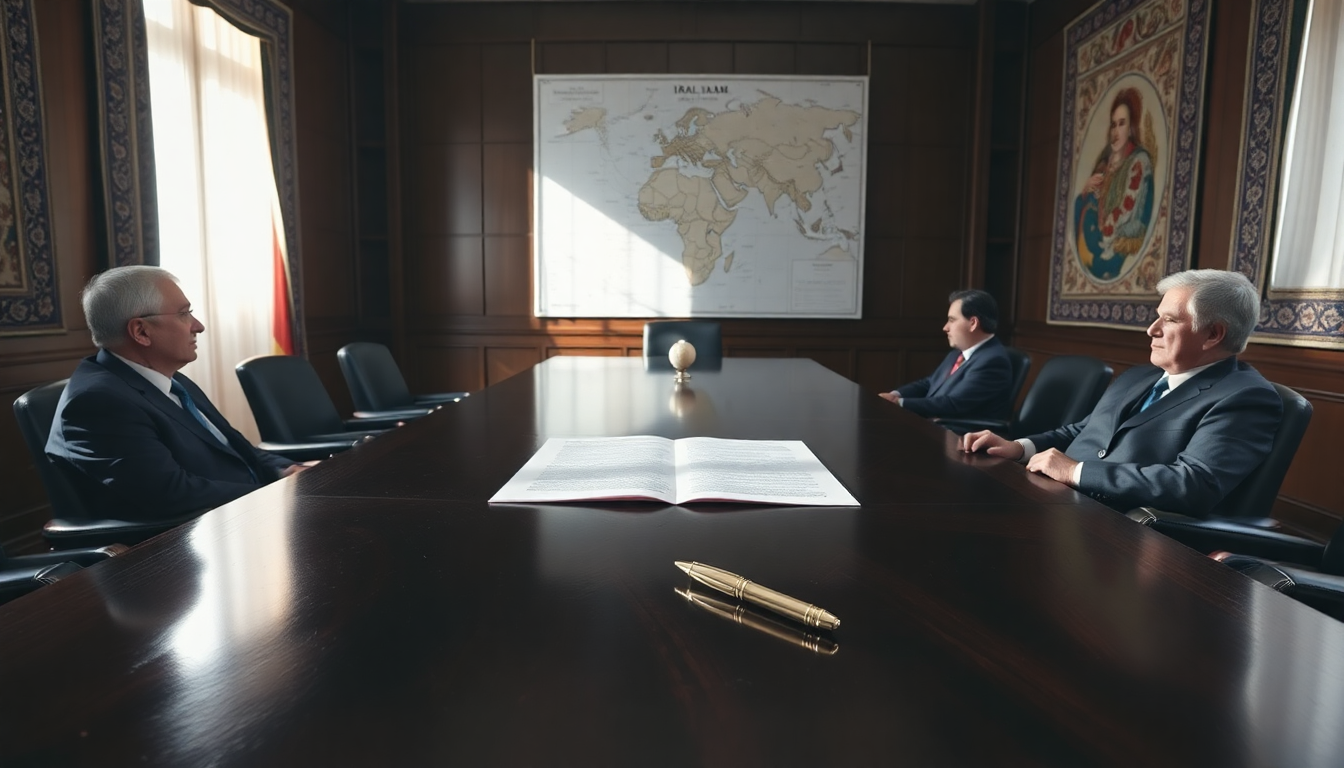Table of Contents
In the ever-evolving world of international diplomacy, Iran’s Supreme Leader Ayatollah Ali Khamenei has made a bold statement: the country won’t bow to what he sees as US demands for obedience. This declaration comes at a crucial moment when Tehran has agreed to restart nuclear negotiations with European powers, as it attempts to navigate the complexities of its nuclear program amid rising tensions.
The Context of Khamenei’s Remarks
At a recent religious gathering, Khamenei expressed a strong spirit of defiance toward the United States, insisting that the Iranian people would resist any attempts to impose what he called a “grave insult.” This sentiment underscores a broader view that US foreign policy is more about domination than constructive dialogue. Khamenei emphasized the need for national unity against external pressures, particularly from what he described as “agents of America and the Zionist regime,” clearly targeting Israel.
This insistence on resisting US expectations comes as talks aimed at curbing Iran’s nuclear enrichment activities are set to resume. After a tumultuous period marked by the suspension of negotiations due to military conflicts, Iran’s readiness to engage again signals a strategic shift, albeit under terms that reflect its sovereignty and national interests.
The Nuclear Negotiation Landscape
The recent agreement between Iran and European powers—including France, Britain, and Germany—to resume negotiations marks a pivotal moment in the ongoing discussions about Iran’s nuclear ambitions. European states have warned that they might reactivate UN sanctions against Iran if the talks do not progress. This situation not only highlights the delicate nature of these negotiations but also the wider geopolitical stakes involved, with the US and its allies keeping a close watch on Iran’s actions.
Understanding the historical context of Iran’s nuclear program is crucial for grasping the current dynamics. The 2015 nuclear deal aimed to limit Iran’s nuclear capabilities in exchange for sanctions relief, but the landscape shifted dramatically when the US withdrew from the agreement in 2018. The reinstatement of sanctions has heightened tensions and raised questions about Iran’s intentions and the effectiveness of diplomatic efforts.
Future Implications and Predictions
The road ahead for Iran is filled with challenges and uncertainties. Khamenei’s comments reflect a deep skepticism toward the US and its allies, which could complicate future negotiations. The Iranian leadership is likely to approach discussions cautiously, seeking to protect its national interests without giving in to external pressures.
Looking forward, the possibility of a renewed agreement hinges on several factors, including both sides’ willingness to compromise and the geopolitical landscape. Iran’s determination to maintain its right to pursue a civilian nuclear program will remain a contentious issue. The outcome of these negotiations will not only shape Iran’s future but also affect the broader stability of the region.
As Iran maneuvers through these complex negotiations, Khamenei’s remarks serve as a powerful reminder of the profound national pride and resilience that define the Iranian stance. The interplay between regional dynamics and international diplomacy will undoubtedly continue to influence the narrative around Iran’s nuclear ambitions in the years to come.


